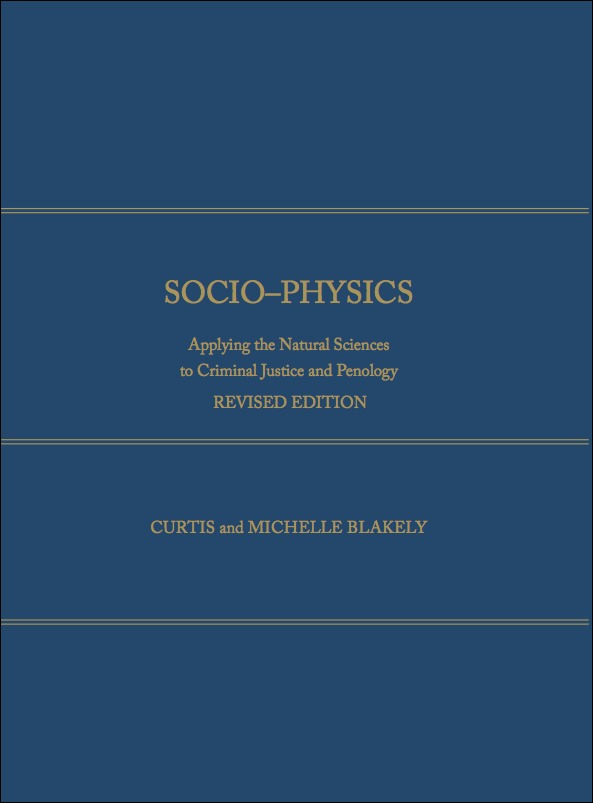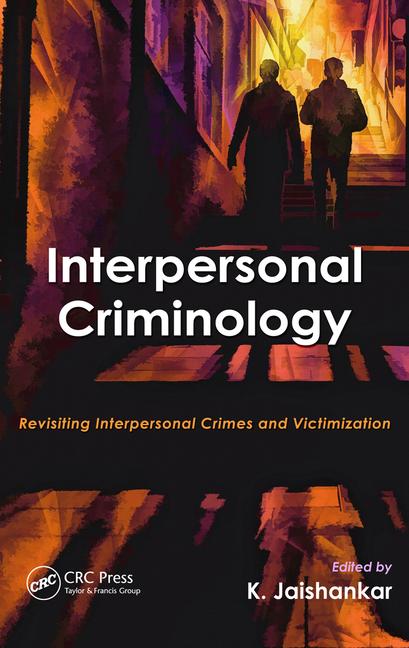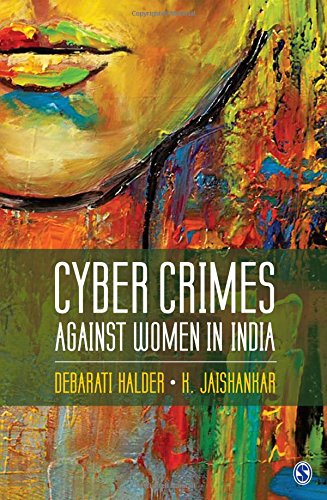Book Review of Silence and Freedom
Abstract:
Because the United States government is currently re-examining its policies on coerced speech, the time is ripe for Louis Seidman's book, Silence and Freedom, an assessment of the right to silence written in a contemporary context with substance and style. Seidman examines the concept of silence as an expression, or denial, of freedom. He defends, explains, and explores the limits of the right to silence. Drawing on case law (from Miranda to the latest Guantanamo case), constitutional doctrine, and conventional wisdom, Seidman examines the right to silence. Looking at the right to silence with fresh eyes, the work views the right as essential in preserving the distinction between mind and body. At its core, the work argues for the modification or overturning of the Miranda warnings and replacing them with open examinations in the presence of an accused's attorney. This new idea offers an unconventional, some call radical, analysis on the multiple issues clustered around the right to silence. From this point of view, Seidman's examination has two main points: first, that silence can be an expression of freedom; and second, that even when silence is the result of alienation, that silence must be protected in order to give speech meaning. Seidman's analysis is extremely timely with the national debate so focused on Guantanamo and Abu Ghraib.
Keyword:
United States government ,Guantanamo and Abu Ghraib ,Seidman ,Classical liberalism



